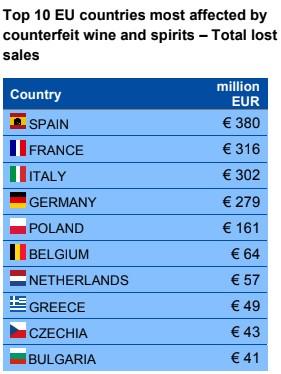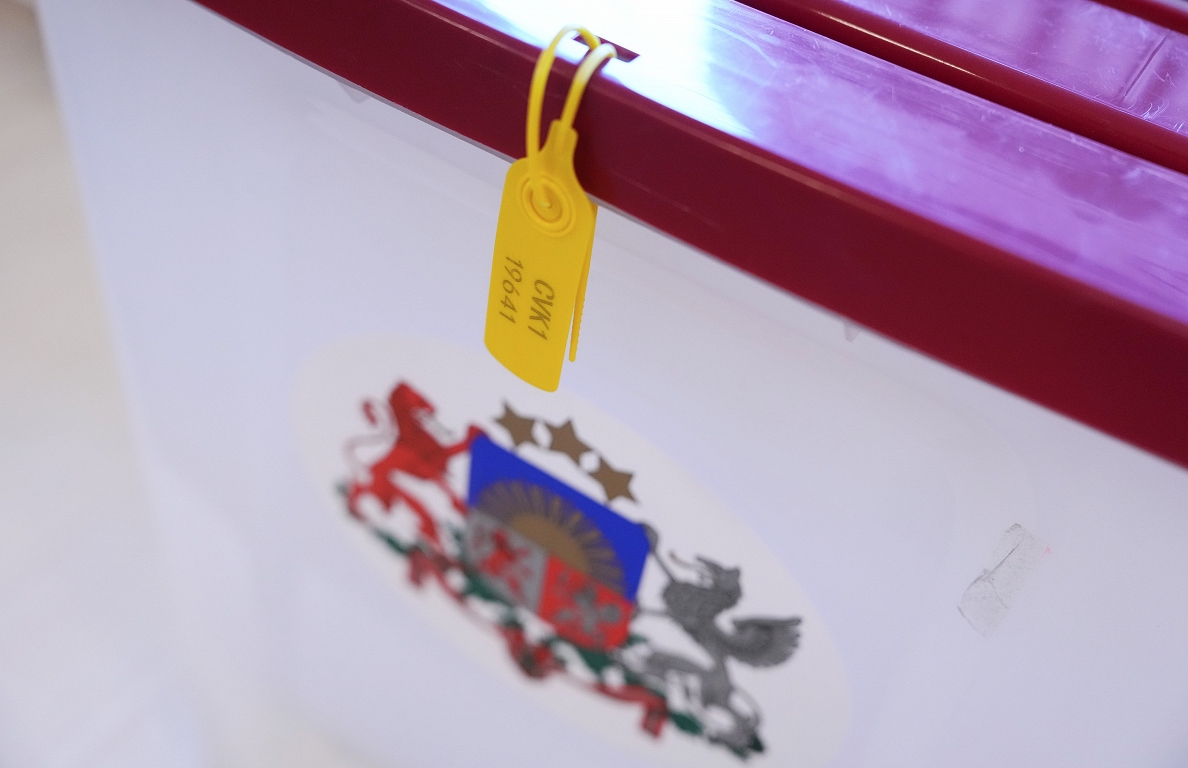Prato, the « war of the hell »: strikes, beatings and bombs. But in the end the slaves of the textile win

In June, after 72 hours of mobilization, 27 companies give and accept the contract which provides 8 hours of work per day. First you worked 12 hours a day for 7 days. The union: « Turn after 7 years of struggle »
« If eight hours it seemed few to you, » sang the miles of the Piedmontese rice fields to claim a limit to the daily effort of the work. It ran the year 1906. One hundred and eighty -year -old (119!) After the protest of the Merkes, a group of « textile slaves » in the Prato district torn the right to 8 hours of work. And that goal was reached at the cost of strikes, pickets, road blocks. Also of Pestaggi and attacks on the sound of bombs. It seems to relive the dawn of blood and violence of the industrial revolution and instead we are in Italy of the third millennium. They baptized it the « War of the hell » of Prato and this is its history.
History has its fresh ink turning point, dates back to first weekend June: starting from Friday aWave of strikes invests the Macrolotto di Pratoan impenetrable human anthill made up of Chinese -owned companies and Pakistani and Bengali labor where you work day and night to produce low cost clothing: the workers of the already unionized companies cross their arms, leave the sheds, travel the streets of the industrial area screaming slogans to megaphones, distributing flyers, calling the colleagues of the other micro -enterprises. join the protest, to block production and gates. Works. In the wall of the silence A breach opens and within 72 hours the owners of 27 companies sign agreements with the union which finally introduce elementary rules of dignity to that land of nobody. Starting from eight hours of work for five days. Where until yesterday The rule included 7 days no-stop for 12 hours daily.
A miracle? «No miracle: it is the The result of a mobilization and a struggle that lasted at least seven years »declares Luca ToscanoSecretary of the Board of Prato, protagonist of the union battle to free the « slaves of textile ». That continues: «Until recently, when the protests took place we saw the police complaints rained on us. Today the power relationships have changedcompanies fear the arrival of the union and make concessions ».
We are only at the beginning: to the 27 companies that signed the agreements in June, another 15 must be added that they have torn the right at 8 hours of work in October. But the textile and fashion district of Prato hosts well 7,000 companies, mostly Chinesemany of whom do not exceed 15 employees: here they nestine exploitation and illegality. «But it happens that a single owner check more factories. So only apparently the supply chain is dispersed in a thousand streams »specifies Luca Toscano. Flatures, packs, dyes, logistics: all the phases of ready fashion are enclosed beyond the Chinese walls of Prato, which is worth 2 billion per year of exports and 3% of the entire EU textile production. But in there – we mention the figures of the chief prosecutor of Prato Luca Tescaroli – about 15,000 « ghost » workers and June 2024 were open 885 files for violations of work on work is open.
The « war of hangers » is first of all one Fierce competition between companies to flood the clothing market At negligible costs and which sees one of its pillars in the exploitation of the labor in black. Each act aimed at unhingeing this order of things is paid with violence. The night of the October 9th outside the Tintoria Lin Weidong A union garrison is underway. From the darkness a group of hooded emerges, they fall on the four people of the garrison and there they hit with bars; Then they destroy the union gazebo and before leaving they pronounce with Italian accent: « Next time we come with the guns ». A punitive shipping in mafia -style. This is the air that pulls And that was not an isolated episode.
Spring and summer of 2024 have been marked by one chronology of intimidating acts. In July the Shun Da, a company that deals with shipments, comes Destroyed by a malicious fire. A few weeks earlier at the same address they had been deposited Bomb packs explode at a distance. In April a commando had done Empress in a bar stabbing a Chinese entrepreneur. A previous beating of some Pachistani workers had resulted in the issue of Four precautionary measures by the Prato prosecutor: two « corporals » compatriots of the victims and two Chinese entrepreneurs the recipients. Finally, in October, the car of the owner of a company is on fire: A coffin is found next to the stake.
Within this climate, the protests that are tearing the slaves of textiles from darkness are shaking. The rule is ruthless And it summarizes it once again the Secretary of the SDP Cobas: « Strike, win or you are fired ». The strategy of simultaneous stops, of the alliance between the submerged (those who work in non -unionized factories) and saved (those who already enjoy contractual rights) marked the turning point: « The labor was hired with part time or black fakethe rule was that of the 12 hours a day for 7 days. The agreements provide for the application of contracts also for craft companies with suit in terms of wage, disease working hours. All achieved conquests ».
Despite the union agreements signed The « war of hangers » remains far from its conclusionalso because a rooted and articulated system works in Prato. The prosecutor Luca described it clearly on January 25th Tescaroli heard in the Senate by the commission of investigation into the corporal: « We are faced with an integrated criminal structure – words of the magistrate – where the exploitation of the work is central and nerve ». The chain even begins with the supply of raw materials: «The entrance takes place by ports of pyreus or Sloveniathe goods then passes In Hungary thanks to ghost companies And from here comes to Italy. They come VAT evaded and customs taxes So the first damage suffers the taxman ».
The second phase is that of production and here we arrive in Prato: «This – said Tescaroli to the commissioners – takes place thanks to so -called « open and close » individual companies. When the company goes at loss, the active ingredients are poured into a new company registered to « wooden heads ». With further damage once again to the tax authorities and falsifying the competition ». The profits are reported in China thanks to « Spalloni », at Money Transfer. Beijing has an interest in collecting fine currency flowsin Euro « and also for this reason the collaboration of the Chinese authorities up to now has been insufficient ». Then there is the chapter of local complicity: «The Chinese one is a closed community but makes use of relationships with local accountants and consultants who provide support in the management of companies « .
But some news, as seen, makes its way: « The state is there and reacts – said Tescaroli – In recent months a series of episodes has penetrated the wall of homeerta, we had significant collaborations by Chinese and Pachistani citizens exploit. Unfortunately, the current legislation on collaborators and witnesses of justice allows you to grant protection only to those who are Italian citizen « . So yes, the way to go is still so much.
Telling Italy – the previous episodes





